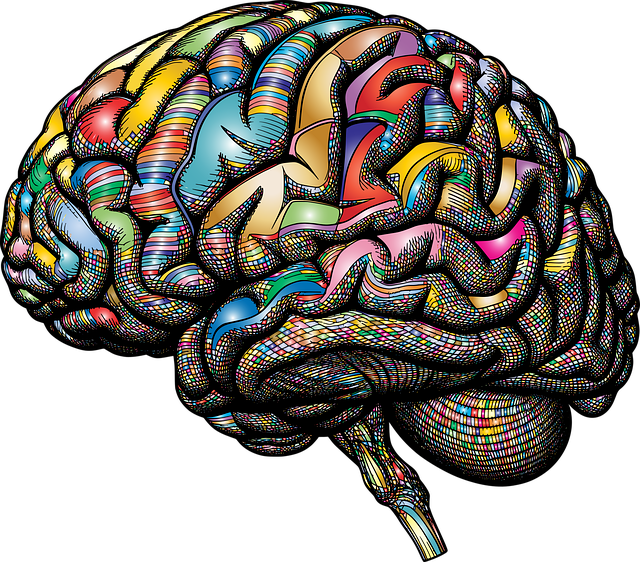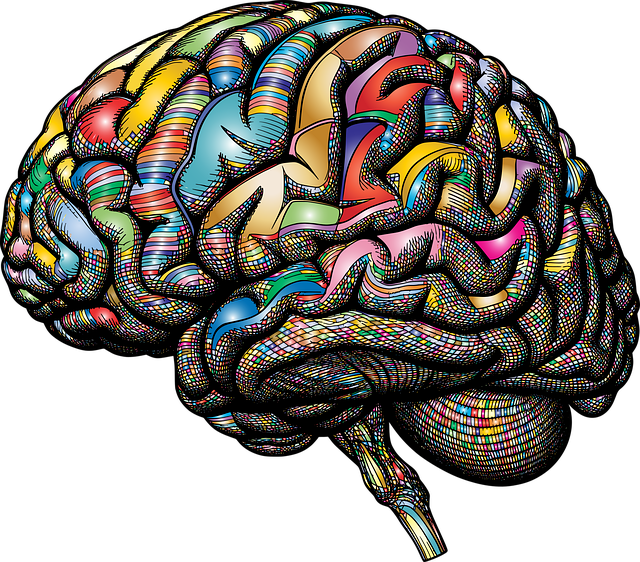In a fast-paced world, personalized mental wellness tools like Westminster Online Therapy bridge the gap in traditional therapy resources, offering accessible support via innovative methods such as Social Skills Training and Mood Management. This technology-driven approach caters to diverse populations, enhancing overall well-being by providing expert guidance from home. A comprehensive self-assessment tool for Westminster Online Therapy should cover emotional well-being, stress management, sleep quality, and relationships, combining standardized questionnaires with personalized reflection. The platform prioritizes user engagement through intuitive design, cultural sensitivity, and continuous improvement based on user feedback, fostering effective mood management and anxiety relief.
Mental wellness self-assessment tools are crucial in today’s digital era, enabling individuals to proactively manage their psychological well-being. This article explores the development of such tools, focusing on Westminster Online Therapy as a comprehensive platform. We delve into key components like personalized assessments, user-friendly interfaces, and continuous improvement, drawing insights from Westminster’s success. By integrating these elements effectively, self-assessment tools can revolutionize mental wellness support, making it accessible and engaging for all.
- Understanding the Need for Personalized Mental Wellness Tools
- Westminster Online Therapy: A Platform for Comprehensive Assessment
- Key Components of an Effective Self-Assessment Tool
- Developing a User-Friendly Interface for Enhanced Engagement
- Continuous Improvement and Feedback Integration for Optimal Wellness Support
Understanding the Need for Personalized Mental Wellness Tools

In today’s fast-paced world, mental wellness is a cornerstone of overall health and well-being. However, one-size-fits-all approaches often fail to address the unique needs and challenges faced by individuals. This is where personalized mental wellness tools play a pivotal role, offering tailored solutions for better management and enhancement of mental health. Tools like Westminster Online Therapy provide accessible platforms for those seeking support, especially in areas with limited resources or accessibility to traditional therapy services.
Personalized approaches can include innovative methods such as Social Skills Training, Mood Management techniques, and Mental Wellness Journaling Exercise Guidance. These tailored interventions cater to diverse populations, from students navigating academic pressures to professionals dealing with work-related stress. By leveraging technology, such as online therapy platforms, individuals can now access expert guidance and support from the comfort of their homes, fostering a more inclusive and effective mental wellness ecosystem.
Westminster Online Therapy: A Platform for Comprehensive Assessment

Westminster Online Therapy stands out as a pioneering platform that offers a comprehensive approach to mental wellness self-assessment. In today’s digital age, this online therapy service provides individuals with accessible tools for evaluating and understanding their mental health. Through interactive features, users can engage in activities such as Resilience Building exercises and Mental Wellness Journaling, which are designed to offer valuable insights into personal emotional states.
The platform’s focus on a holistic assessment process allows users to track their progress over time, fostering a deeper connection with their mental wellness journey. By integrating various guidance mechanisms, Westminster Online Therapy ensures that individuals receive tailored support to navigate the complexities of their emotions and thoughts, ultimately promoting improved mental health and resilience.
Key Components of an Effective Self-Assessment Tool

An effective mental wellness self-assessment tool should incorporate several key components to ensure it provides valuable insights and guidance. Firstly, it must be comprehensive, covering various aspects of mental health such as emotional well-being, stress management, sleep quality, and interpersonal relationships. This holistic approach allows individuals to gain a broader perspective on their mental wellness status. Incorporating both standardized questionnaires and personalized reflection questions can facilitate a thorough evaluation, catering to diverse learning styles.
Secondly, accessibility and user-friendliness are paramount. An intuitive interface designed with simplicity in mind ensures that users, especially those availing of Westminster Online Therapy services, can navigate the tool effortlessly. Additionally, ensuring confidentiality and data security is crucial for fostering trust, encouraging honest self-reflection, and promoting continuous mental wellness coaching programs development. Integrating these elements creates a robust foundation for individuals to take charge of their mental health through Self-Care Routine Development for Better Mental Health.
Developing a User-Friendly Interface for Enhanced Engagement

Developing a user-friendly interface for online therapy platforms is paramount to enhancing engagement and accessibility, especially when catering to diverse user needs. Westminster Online Therapy recognizes this, striving to create intuitive tools that foster comfort and encourage users to prioritize their mental wellness. A clean, uncluttered design with clear navigation ensures individuals can effortlessly access various self-assessment resources without feeling overwhelmed. This approach is particularly beneficial for those new to seeking therapy, promoting a sense of control and reducing potential anxiety associated with navigating complex platforms.
Cultural sensitivity in mental healthcare practice is another key consideration. By incorporating adaptable interfaces that accommodate different cultural backgrounds and preferences, Westminster Online Therapy ensures inclusivity. This may include offering multilingual options, culturally relevant graphics, and sensitive default settings to cater to diverse user populations. Such attention to detail not only improves user experience but also facilitates more effective mood management and anxiety relief, ultimately contributing to successful self-assessments and improved mental health outcomes.
Continuous Improvement and Feedback Integration for Optimal Wellness Support

In the realm of mental wellness self-assessment tools, continuous improvement is paramount. As users engage with Westminster Online Therapy and similar platforms, feedback integration becomes a powerful mechanism for enhancing therapy effectiveness. By actively incorporating user insights, these tools can adapt to individual needs, ensuring that each session offers optimal support. Regular updates based on user experiences can introduce innovative features tailored to common mental health challenges, such as stress management techniques or coping strategies.
This iterative process not only improves the overall user experience but also solidifies the tool’s relevance in fostering self-care practices. Organizations hosting these platforms should encourage open communication channels, allowing users to share their thoughts and suggestions. In turn, this feedback loop can lead to the development of more comprehensive Self-Care Routine Development resources, as well as Stress Management Workshops, ultimately contributing to better mental health outcomes for those relying on these digital tools.
The development of personalized mental wellness self-assessment tools, exemplified by platforms like Westminster Online Therapy, is a significant step towards addressing the unique needs of individuals. By incorporating key components such as user-friendly interfaces and continuous improvement, these tools can effectively support mental health journeys. Westminster Online Therapy serves as a model for creating comprehensive assessment solutions that foster engagement and provide optimal wellness support. Remember that ongoing feedback integration is crucial to ensuring these tools remain relevant and effective in meeting the evolving needs of those seeking mental wellness assistance.









